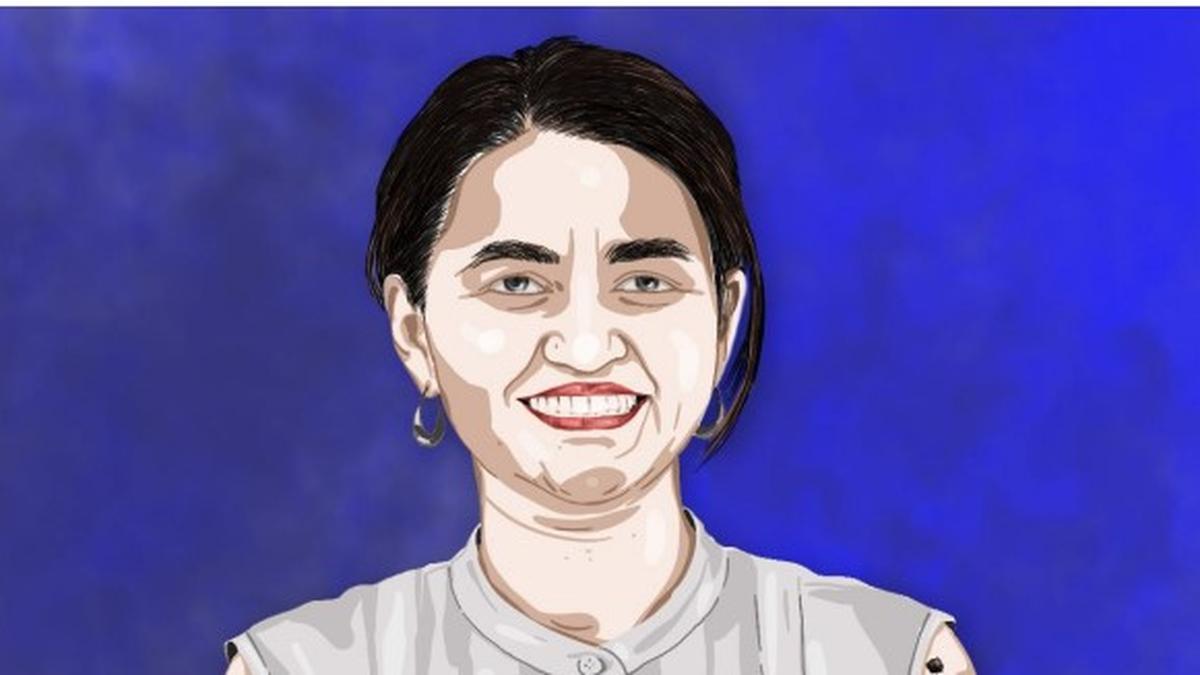
Payal Kapadia: Living with nostalgia Premium
The Hindu
The Hindu profiles on Payal Kapadia whose All We Imagine as Light won the Grand Prix at Cannes. — June 2, 2024
Payal Kapadia, the 38-year-old whose movie All We Imagine as Light won the Grand Prix — the second most prestigious award at Cannes Film Festival — sees herself as a melancholic person, and this melancholy sets the tone for her movies.
Ms. Kapadia, hailing from Mumbai but having spent more time outside the city, says she got a sense of flux every time she visited the place. All We Imagine as Light is about Mumbai and the people who go to work there — people who are in a perpetual state of flux. Ms. Kapadia started working on the movie with a short film in her mind, but as she delved in to this flux, made up of different layers of relationships, All We Imagine as Light was born.
Ms. Kapadia, an alumna of the Pune-based Film and Television Institute of India (FTII), was very much part of the student protests that echoed across Indian universities in recent years and found herself living in an uncertain present.
Her first feature film, A Night of Knowing Nothing, embodies the personal vulnerabilities and uncertainties young Indian adults went through during this time. The roots of A Night of Knowing Nothing lie in the protests she were part of at her institute against the appointment of TV actor Gajendra Chauhan as its chairperson. The 139-day-long protests in 2015 saw Ms. Kapadia and her cinematographer Ranabir Das recording the incidents happening around them.
Ms. Kapadia says she and her team did not have a clear agenda on what their film was supposed to be going into production. She describes the movie as a found-footage film. Following the protests at the FTII, several Indian universities, including the Jawaharlal Nehru University, New Delhi, and the Hyderabad Central University, saw student protests. Ms. Kapadia says she coordinated with students from across these universities for footage and she even used CCTV footage and videos available in the public domain to put together her movie. It took around five years to put them together to get A Night of Knowing Nothing, which moves forward through letters between students, lovers, written during these protests.
“If we look at films being made in our country, you will always find someone in the crew who went to a public institute,” Ms. Kapadia told The Hindu. “As I was part of the strike in 2015, the student protests became very important for me in order to protect public institutes... designed to give everyone equal opportunity; A Night of Knowing Nothing was a homage to these spaces.”
Ms. Kapadia highlights a feeling of nostalgia that was part of her movies. Not the nostalgia for the past as it was often understood, but “a nostalgia for the present”. And this nostalgia for the present is visible not just in her feature films but also in her short films such as And What Is the Summer Saying and Afternoon Clouds.













